Editor's note: In 2025, Vietnam celebrates the 80th anniversary of its founding and enters a pivotal period to realize the goal of becoming a developed country by the mid-21st century. This is not only an occasion to review historical traditions, but also a time when the whole nation needs to promote the spirit of "looking straight at the truth, clarifying the truth, telling the truth" about the socio-economic situation to determine the way forward: how to escape the "middle-income trap", rise to the group of high-income countries in a generation? This takes place in the context of the world undergoing rapid changes, international integration is being reconsidered, nationalism is rising strongly, the 4.0 technology revolution, AI is opening up unprecedented opportunities and challenges. Delay will certainly be left behind. In that context, the story of institutional reform, promoting the role of the private economic sector, and the aspiration for sustainable growth became the central issue. We had a long dialogue with Dr. Le Dang Doanh, former Director of the Central Institute for Economic Management Research, an economic expert who has closely followed Vietnam's reforms for many years. With experience from Doi Moi 1986, the process of drafting the Enterprise Law 1999, to today's policy recommendations, Mr. Doanh shared frankly about the achievements, challenges and the road ahead. |
Vietnam is celebrating its 80th anniversary and is about to enter a new era of development. What do you think is the significance of this milestone?
Dr. Le Dang Doanh : 80 years is a special historical milestone, for the whole country, the entire nation and each Vietnamese person to look back on the past and reflect on the road ahead. During those eight decades, our nation has gone from war to peace , from division to unification, from embargo to international integration. Each stage bears the mark of an indomitable will to rise up.
It is worth mentioning that, within just 40 years of Doi Moi, Vietnam has successfully eliminated hunger, reduced poverty, escaped the group of low-income countries, and entered the group of middle-income economies. This is the result of an unprecedented economic and institutional reform, opening up the economy, liberating and improving production capacity, creating conditions for tens of millions of people and businesses to participate in the development flow.
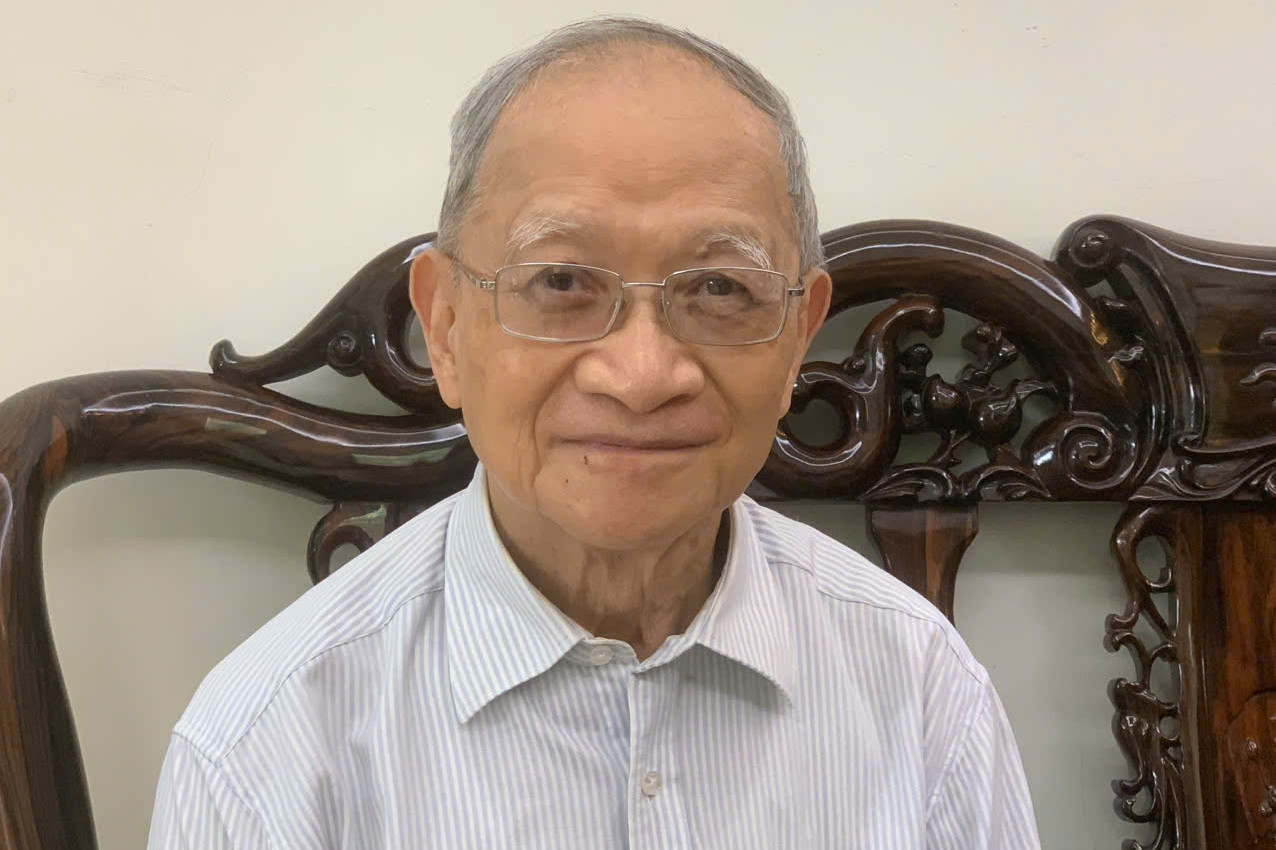
Dr. Le Dang Doanh: To truly break through in the new era, strong political determination and strong enough institutional reform are needed.
But the 80-year milestone is not just a time to review the past. More importantly, this is a time for the whole nation to ask itself: Where do we want the country to go in the next 20-30 years? Do we have enough courage to completely remove institutional “bottlenecks”, so that people and businesses can truly be free to innovate and contribute? If we can do that, Vietnam can completely enter a new era of development – rich, strong, democratic, fair and civilized.
What do you think the current economic achievements, associated with 40 years of Renovation and 80 years of independence, mean for Vietnam's development path?
We are experiencing a very special development journey: 80 years of independence, of which 30 years were spent fighting and sacrificing, and only 40 years were spent in innovation and economic development. This is not just a commemorative number, but also a testament to the vitality, determination and aspiration of the nation.
From a country that had to import food and whose people had to eat corn, Vietnam has now become an economy with one of the highest growth rates in Southeast Asia. In 2024, we will be the leader in Southeast Asia in terms of GDP growth. Exports reached record levels in many areas - from green agricultural products, processed seafood to electronics and textiles. Vietnam is also strongly exploiting opportunities from digital transformation, circular economy, and e-commerce to participate more deeply in the global value chain, becoming a green economy and protecting the environment.
Another advantage is the golden population: more than 50 million people of working age, young, creative, and ambitious. When this force is combined with the reform determination of the new generation of leaders, it will be an invaluable driving force for an era of development. However, the advantage of young, cheap labor is being eroded in the age of robots and artificial intelligence.
However, new challenges are emerging. The most important is how to escape the “middle income trap”, improve the quality of growth, ensure social equity and sustainable development. The question is not how much growth, but: will people’s quality of life improve, will businesses really feel secure in doing business, will the economy grow green, clean, the environment sustainable and will institutions become a driving force instead of a bottleneck or a barrier?
The 1986 Doi Moi Spirit and the 1999 Enterprise Law
During the 1986 Doi Moi, General Secretary Nguyen Van Linh proposed the motto “look straight at the truth, speak the truth”, and directly wrote a series of articles “Things that need to be done immediately” in Nhan Dan newspaper. What can you say about that reform spirit, and the lessons for today?
The atmosphere of Doi Moi in 1986 was very special. The country was in crisis, and people's lives were extremely difficult. General Secretary Nguyen Van Linh courageously spoke out, writing a series of articles called "Things to do immediately" to point out the bureaucracy, waste, and stagnation in the apparatus. He and many other leaders lived simply and honestly, creating trust for the entire political system to unite in innovation.
That spirit was later most clearly reflected in the process of drafting and implementing the 1999 Enterprise Law. Before that, to establish a business, people had to run for 35 signatures, 32 seals, taking from 6 months to a year, along with many "lubrication" costs. Businesses were bound by hundreds of "sub-licenses", from opening a typing shop to portrait painting, all required permission.
When the 1999 Enterprise Law was promulgated, Prime Minister Phan Van Khai established a Working Group to implement the Law, directly directing the review and removal of more than 500 unreasonable licenses. I still remember Mr. Khai saying very briefly: "What is not needed, remove. What makes it difficult for people, must be removed." That decision paved the way for tens of thousands of private enterprises to be born, creating a strong start-up wave in the early 2000s.
The most important lesson learned is: to liberate production capacity, we must dare to face the truth, dare to change the system, remove the mechanism of asking and giving, and give back business rights to the people.
After 40 years, the private economic sector has gone from zero to the position of “the most important driving force” as defined by Resolution 68. Looking back at that whole process, how do you feel?
It was an arduous journey. In the early years of Doi Moi, the private sector was considered “flailing” and was restricted in many ways. Only when the Enterprise Law of 1999 was enacted was the right to freedom of enterprise recognized, creating a wave of private enterprise development.
However, the difficulties have never ended. Institutions still lack transparency, informal costs are high and widespread, and many officials are afraid of responsibility. Formal private enterprises only account for about 12% of GDP, while the household economy, an informal economic type, accounts for 32% of GDP.

The second Doi Moi must turn Vietnam into a developed, high-income, civilized and sustainably developed country. Photo: Thach Thao
But it cannot be denied: it is the private sector that has created the most jobs, contributed greatly to growth and poverty reduction. Currently, the country has nearly 930,000 enterprises, 98% of which are small and medium enterprises, and 5.2 million business households. The private sector contributes about 46% of GDP, 30% of the budget, and creates up to 85% of jobs. These figures show that they absolutely deserve to be considered the most important driving force.
The question is: how to double the current number of enterprises to meet the employment needs of 101 million people? To do so, the State must continue institutional reform, create a fair and transparent competitive environment, and reduce costs. The Vietnamese people do not lack ambition and creativity, they just need peace of mind to invest long-term.
Institutional reform – “The second Innovation”
Current leaders have identified “institutions as the bottleneck of bottlenecks” and consider “institutional reform as the breakthrough of breakthroughs”. How do you view this spirit?
That is a very correct and timely spirit. But to turn the slogan into reality, we must face the reality. Many businesses still complain about cumbersome procedures, unnecessary document requests, and loss of time and opportunity. Petty corruption and unofficial fees are still common. The fear of responsibility causes many officials to "pass the buck", prolonging the approval time.
Therefore, I think it is time to carry out a “2nd Doi Moi”, to implement transparency, digital economy, digital enterprise, e-Government. The 1st Doi Moi liberated production capacity. The 2nd Doi Moi must create a transparent and fair environment where businesses can confidently invest and develop. This requires comprehensive innovation in the apparatus, laws and management mechanisms. The highest leaders must take the lead, have a specialized apparatus, and do it resolutely to the end, and cannot wait for the ministries and branches to review themselves and then retain their own interests.
Vietnam aims for an average GDP growth of 10% per year by 2030, with per capita income reaching 8,500 USD, and about 18,000 USD by 2045. What do you think about these ambitious goals?
This is a great aspiration, reflecting a strong will to make a breakthrough for the country. But we must also say frankly: the challenge is enormous. Over the past 40 years, Vietnam's average growth rate has only been about 6.5-7%/year. To reach 10%, we need a completely new driving force.
First of all, the institution must be transparent, the business environment must be favorable, and there must be a strong shift to e-Government, openness and transparency. If we continue to maintain the old way of doing things, relying on widespread public investment, cheap labor and resource exploitation, the 10% target will be very difficult to achieve.
Second, we need to invest heavily in education, science and technology, digital infrastructure and clean energy. The knowledge economy and green economy must become the foundation.
Third, agriculture must become modern agriculture, ensuring food security, high productivity, green, clean, protecting the environment, narrowing the gap between rural and urban areas. The economic structure must shift to industry and services based on innovation. And especially, the private sector must truly rise up, accounting for a larger proportion of GDP, becoming the main driving force alongside the FDI sector and the state economy.
10% growth is only meaningful when the lives of the majority of people are improved, inequality is reduced and the environment is protected. In other words, this goal is both a challenge and a commitment: if there is enough determination to reform, dare to face the truth and act for the long-term interests of the nation, this aspiration can absolutely become a reality.
Looking back at 80 years of history, 40 years of Doi Moi, we have the right to be proud. But to truly break through in the new era, we need strong political determination and strong enough institutional reform. The first Doi Moi brought the country out of poverty. The second Doi Moi must turn Vietnam into a developed, high-income, civilized and sustainably developed country.
Vietnamnet.vn
Source: https://vietnamnet.vn/chuyen-gia-kinh-te-le-dang-doanh-ky-nguyen-vuon-minh-la-doi-moi-lan-2-2435520.html










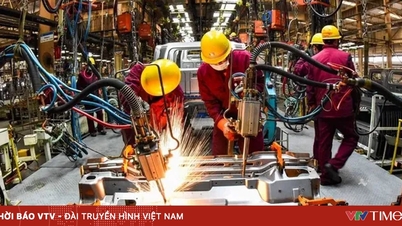

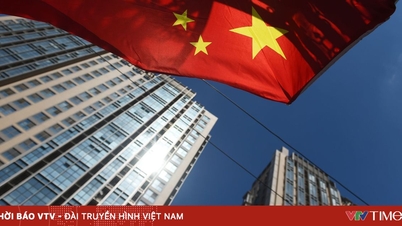
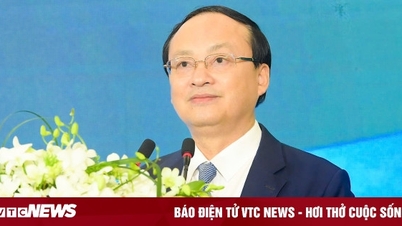


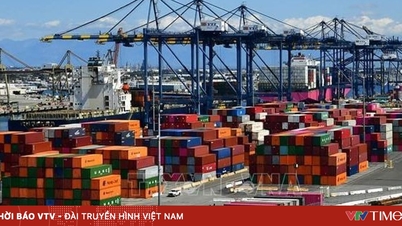


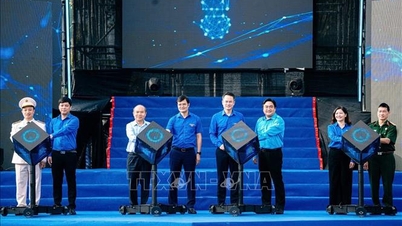



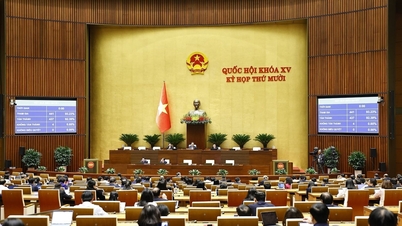





















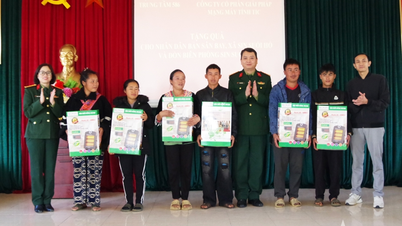


























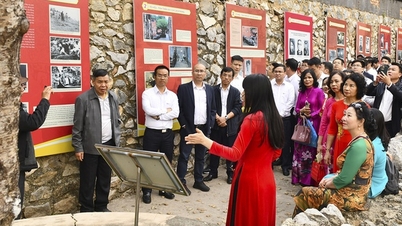














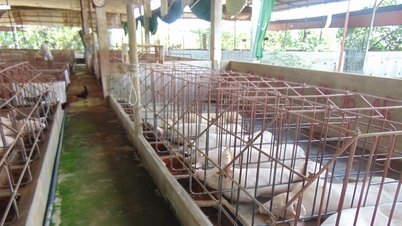

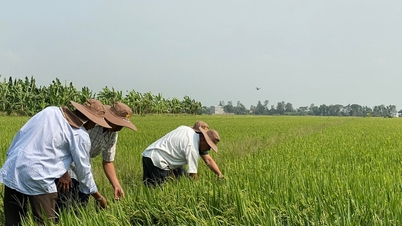












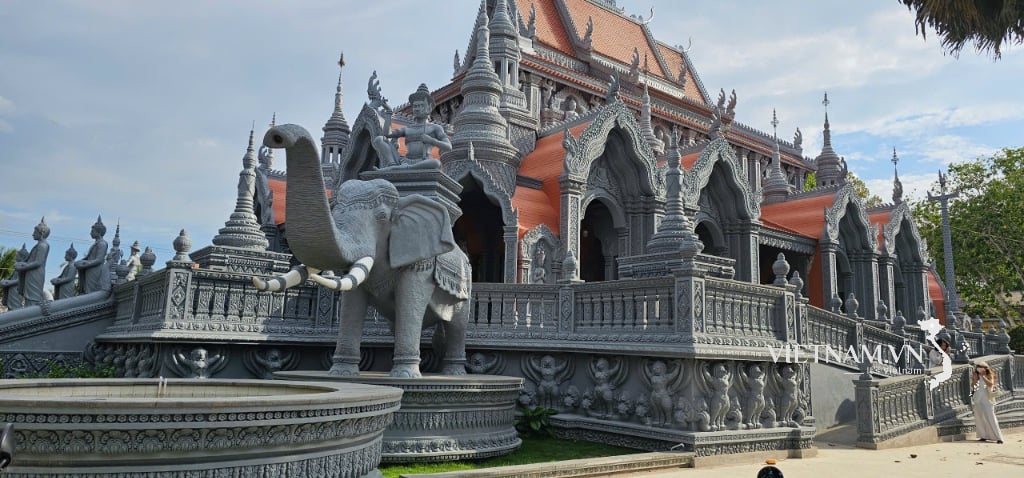




Comment (0)